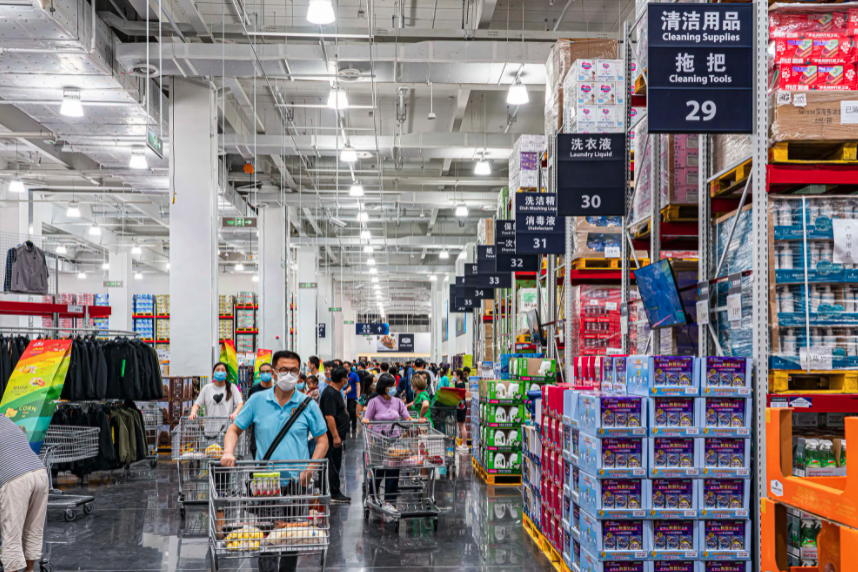Disclaimer: Asian Century Stocks uses information sources believed to be reliable, but their accuracy cannot be guaranteed. The information contained in this publication is not intended to constitute individual investment advice and is not designed to meet your personal financial situation. The opinions expressed in such publications are those of the publisher and are subject to change without notice. You are advised to discuss your investment options with your financial advisers, including to understand whether any investment is suitable for your specific needs. I may, from time to time, have positions in the securities covered in the articles on this website. Any mentions of personal ownership are disclosures and not recommendations to buy, hold or sell stocks.

Summary
- Chinese grocery stocks have dropped over the past year due to an onslaught of competition from online e-commerce platforms.
- The competition has been most significant from so-called “community group buying” services selling products below the retail price and causing a price war.
- The spending spree reminds me of the shared bike craze a few years ago and the ride-hailing sector today - an endless amount of spending to acquire customers, but with no profitability in sight.
- The purpose of community group buying is to avoid getting infected with COVID-19. If the pandemic ever becomes endemic in China, customers will probably return to supermarkets.
- Certain traditional grocery retailers trade at low valuation multiples, with EV/Sales multiples as low as 0.16x.
Table of contents
1. Grocery is a commodity industry
2. The local competitors
2.1. Sun Art
2.2. Yonghui
2.3. Jiajiayue
2.4. Better Life
2.5. Other competitors
3. Benchmarking of listed supermarkets
4. The golden years of grocery shopping
5. Recent trends in the industry
5.1. Online grocery retail
5.2. Private label
5.3. Fresh food as a driver for foot traffic
6. The onset of COVID-19
7. Group-buying carnage
8. A new dawn?
9. Opportunities in the sector
10. Conclusion
1. Grocery is a commodity industry
Supermarkets are simple. They purchase products from suppliers and put them on display for customers. There are not many barriers to entry, so competition tends to be fierce.
Since supermarkets rarely own the real estate in which they operate, they instead take on long-term leases, which adds risk and leverage to the business.
Supermarkets offer a combination of the following selling points:
- Low prices
- Convenient location
- Quality control - typically associated with brand names
- A large selection - but not at the expense of confusion
- A comfortable environment
- Speed
- Home delivery services
Several of these factors are contradictory. For example, a grocery store cannot combine city-centre real estate with the lowest possible prices.
In other words, retailers have to specialise. There is no one-size-fits-all format that’s perfect for every customer.

I’ve been able to identify four separate business models within grocery retail that have worked across the world:








